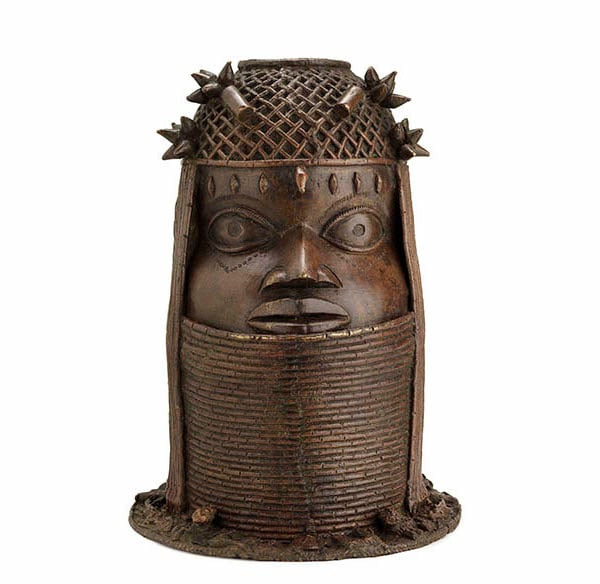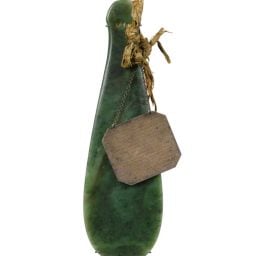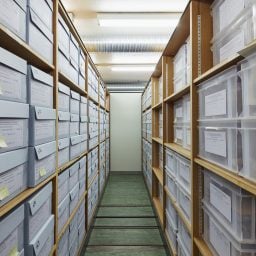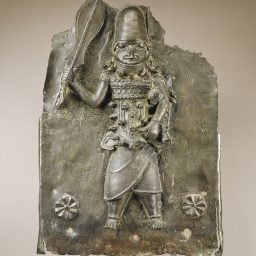Glasgow is the latest city to restitute Benin Bronzes to Nigeria. The Glasgow City Council in Scotland voted to return 17 of the looted treasures from the Glasgow Museums collection
The move is part of the largest repatriation of cultural artifacts in Scottish history, and also includes the return of seven smuggled Indian antiquities and 25 Native American cultural items from the Lakota people, reports the Art Newspaper.
George Crager, a Lakota interpreter sold and donated the Lakota objects to the museums in 1892. Some of the artifacts came from the Wounded Knee Massacre site, where the U.S. army killed close to 300 Lakota people in 1890. The city agreed to restitute the artifacts at the request of the Le Beau family, descendants of massacred people and representatives of Cheyenne River Sioux Tribe and Oglala Sioux Tribe.
“By addressing past wrongs, we believe these returns will, in a small way, help these descendant communities to heal some of the wounds represented by the wrongful removal of their cultural artifacts, and lead to the development of positive and constructive relationships between Glasgow and communities around the world,” Duncan Dornan, the head of museums and collections at Glasgow Life, said in a statement issued by the U.K. Museums Association.
Last May, a representative for the Glasgow museums told Artnet News that the institution was “consider[ing] the most appropriate way to directly instigate discussions with descendant communities” as it considered growing calls for restitution of the Benin bronzes.
In 1897, Britain’s punitive Benin expedition ransacked and burned the Benin Royal Palace, where the British looted thousands of bronzes and other treasures. The artworks made their way to museums across the West—institutions that are only now coming to agree that these objects rightfully belong to Nigeria. (The country has tapped architect David Adjaye to design the forthcoming Edo Museum of West African Art, built atop the ruins of the old palace.)
The Metropolitan Museum of Art agreed to restitute two Benin Bronzes last June, while the Musée du Quai Branly in Paris restituted 26 stolen cultural objects to Nigeria in November. Most recently, the Smithsonian Institution in Washington, D.C., announced in March that it would return its collection of Benin Bronzes.
Glasgow City Council’s cross-party Working Group for Repatriation and Spoliation made its recommendation for restitution at a March 1 meeting, and the council’s City Administration Committee gave its approval for the decision on April 7.
But Scotland had already been helping lead the charge for restitution—the nation’s University of Aberdeen was the first Western institution to agree to fully repatriate a Benin Bronze, returning the Oba of Benin in October 2021. (The grandson of one of the soldiers returned two bronzes from his personal collection in 2014.)
More museums are likely to follow suit, with Germany entering official talks to finalize restitution last March. It expects the first returns to take place this year.
Glasgow City Council’s museums acquired its collections of Benin Bronzes through an assortment of gifts and bequests, as well as through auction purchases. Most are currently on display at the Kelvingrove museum, but some are in storage at the Glasgow Museums Resource Center.
The city estimates that transporting the artifacts to the Nigerian National Commission for Museums could cost some £30,000 ($39,000), while shipping the Lakota objects back to the U.S. could be as much as £40,000 ($52,000). The Indian government has agreed to cover expenses to secure the return of its artifacts.









